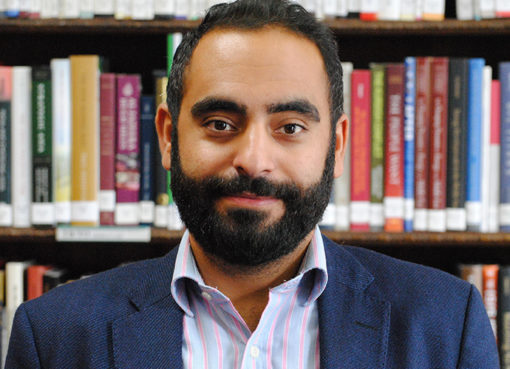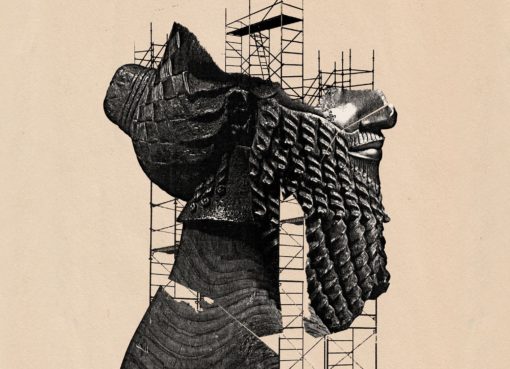
In the years since the U.S. invasion of Iraq in 2003, American promises of turning the country into a model democracy, spreading freedom across the Middle East, have often seemed like cruel mockery. By the time the U.S. withdrew in 2011, Iraq had been ravaged by bloody insurgencies and sectarian massacres that killed hundreds of thousands of Iraqis and more than 4,500 American troops. In 2014, Iraq almost collapsed in the face of a blitzkrieg by Islamic State, as the extremist group reached the outskirts of Baghdad. There weren’t many takers in the region for the Iraqi model.
Today Iraq’s prospects are looking brighter. A resurgent central government has defeated Islamic State, thanks in part to renewed American military involvement, and has taken back lands lost to the country’s Kurdistan autonomous region since 2003. And Iraq’s improbable political experiment has endured. In an increasingly repressive and authoritarian part of the world, this nation of 40 million people stands apart as a rare—though still deeply flawed—democracy. Iraq’s elected leaders insist that, despite their country’s many travails, it still has something to teach the rest of the Middle East.
To continue reading download PDF file. Click on following link
Iraq’s Surprise- The Persistence of Democracy. By Yaroslav Trofimov








Comment here